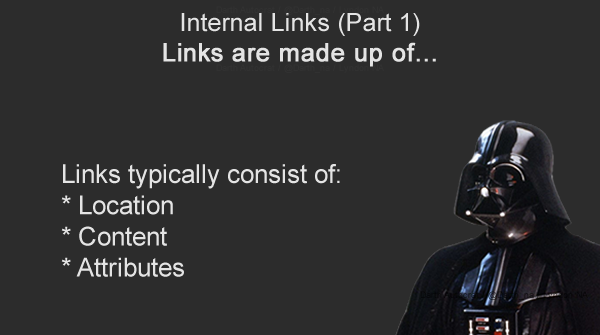
.
8 things to think about - SEO for Startups.
Solid thinking and reasoning on SEO for new businesses.
More than worth a read!
#SEO #StartUps
>>>
8 things to think about - SEO for Startups.
Solid thinking and reasoning on SEO for new businesses.
More than worth a read!
#SEO #StartUps
>>>
https://twitter.com/LidiaInfanteM/status/1458404273839083525
>>>
I'd also throw in:
+ Get TSL sorted and have the HTTPS on launch!
+ Get your Google Business listing sorted ASAP
+ When looking at TLDs for Domain Names, check for confusion points (same name, different TLD etc.)
>>>
I'd also throw in:
+ Get TSL sorted and have the HTTPS on launch!
+ Get your Google Business listing sorted ASAP
+ When looking at TLDs for Domain Names, check for confusion points (same name, different TLD etc.)
>>>
>>>
+ Sort the HTTP > HTTPS out, and pick either www or non-www - then get the 301s sorted out from day one.
+ Own your Name! Make sure you own a domain with your Brand, and you have social profiles for it (same for unique product names etc.).
Same for Directories.
>>>
+ Sort the HTTP > HTTPS out, and pick either www or non-www - then get the 301s sorted out from day one.
+ Own your Name! Make sure you own a domain with your Brand, and you have social profiles for it (same for unique product names etc.).
Same for Directories.
>>>
>>>
+ SEO Research (keywords, competitors etc.) should be part of your Marketing Research (and vice versa).
+ Get the monitoring setup, fast!
Google, Bing and Yandex all have site tools and analytics - use them!
>>>
+ SEO Research (keywords, competitors etc.) should be part of your Marketing Research (and vice versa).
+ Get the monitoring setup, fast!
Google, Bing and Yandex all have site tools and analytics - use them!
>>>
>>>
Most of these things are small, simple and easy - they just take a bit of time and a tiny bit of effort.
But they can save you some massive issues later!
So, go read and do!
lidia-infante.com/post/seo-for-s…
Most of these things are small, simple and easy - they just take a bit of time and a tiny bit of effort.
But they can save you some massive issues later!
So, go read and do!
lidia-infante.com/post/seo-for-s…
• • •
Missing some Tweet in this thread? You can try to
force a refresh









